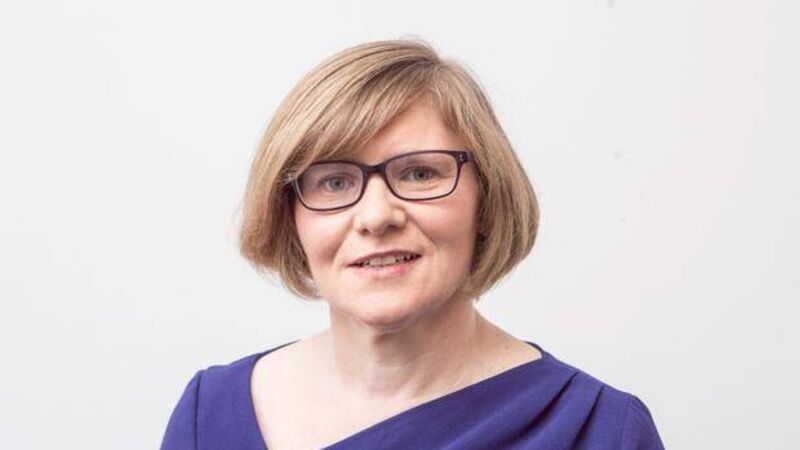Call for public childcare and leadership quotas to improve gender equality

Orla O’Connor, director, National Women’s Council: 'We’re still waiting to see more women in decision-making positions. The pace of change is a huge issue around women’s equality.'
Urgent actions to tackle gender inequality must be taken now by Government before the delayed National Strategy for Women and Girls is published, the National Women’s Council has said.
Solid recommendations on how to improve gender equality, such as introducing public childcare and leadership quotas, were made recently by the Citizens' Assembly and these should be acted on immediately, Orla O’Connor, director of the National Women’s Council (NWC), said.










